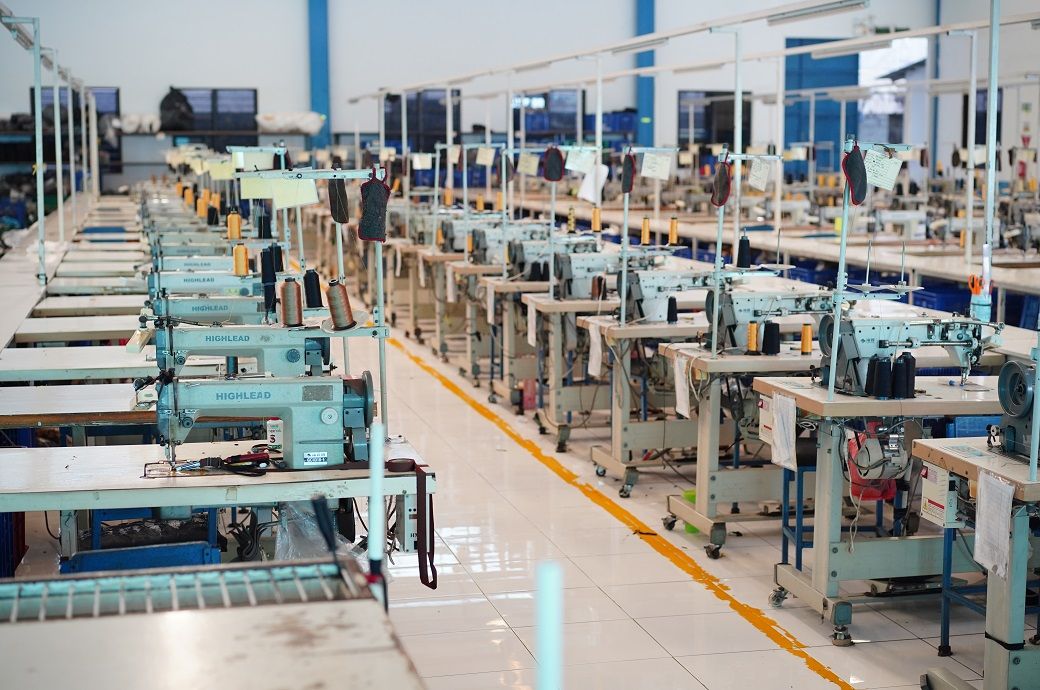
Textiles, alongside gems and jewellery and seafood, contribute around 25 per cent of India’s exports to the US. MSMEs dominate these sectors with more than 70 per cent share, leaving them especially vulnerable, Crisil said in a press release.
“Partial absorption of the increased product prices due to higher tariffs will put pressure on MSMEs, squeeze their already-slim margins and pose a material challenge to their competitiveness,” said Pushan Sharma, director, Crisil Intelligence.
Readymade garment (RMG) exporters face a sharper blow, with total US tariffs climbing to 61 per cent compared with 31 per cent on peers from Bangladesh and Vietnam.
“For instance, those into RMG are expected to lose ground in the US as the tariff increases to 61 per cent, including 50 per cent additional ad valorem duty, compared with peers in Bangladesh and Vietnam tariffed at 31 per cent. The Tiruppur cluster, which accounts for over 30 per cent of India's RMG exports, will be severely impacted as ~30 per cent of its exports is to the US,” added Sharma.
While some sectors like pharmaceuticals and steel are spared from the hike, textiles face stiff global competition. However, India’s recently concluded trade deal with the UK and ongoing negotiations with the European Union could soften the blow, added the release.
“The India-UK free trade agreement is supportive for MSMEs in export-oriented sectors such as textiles, gems and jewellery, seafood, leather and pharmaceuticals... the deal would improve MSME competitiveness versus Bangladesh, Cambodia and Turkiye, and lend an edge over China and Vietnam in RMG,” said Elizabeth Master, associate director, Crisil Intelligence.
ALCHEMPro News Desk (SG)
Receive daily prices and market insights straight to your inbox. Subscribe to AlchemPro Weekly!